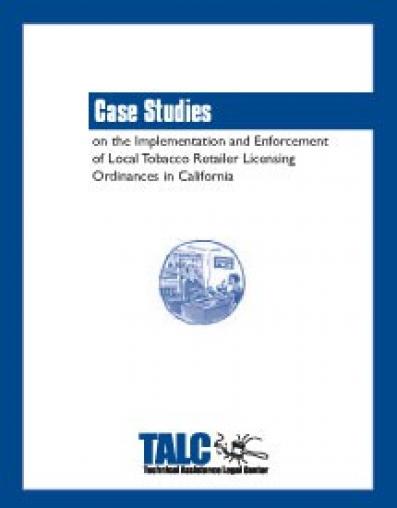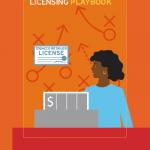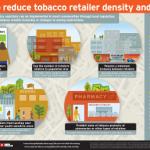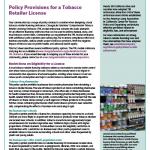Case Studies on the Implementation and Enforcement of Local TRL Ordinances in California
A variety of approaches to Tobacco Retailer Licensing
Although the state of California requires a license to sell tobacco products, the state licensing law is not designed to address public health concerns, such as youth access to tobacco products. Communities across the state have attempted to fill the void by adopting local tobacco retailer licensing (TRL) ordinances.
City and county ordinances tend to (a) require retailers to obtain a license to sell tobacco products and (b) impose a suspension or revocation of the license when a retailer violates state or local laws related to the sale, distribution, or use of tobacco. But when it comes to implementing and enforcing the ordinances, licensing programs can look remarkably different from one another.
To help understand the variety of local approaches to TRL, we studied four communities that are enforcing their local tobacco retailer licensing ordinances: Contra Costa County, Santa Barbara County, the City of Willits, and the City of Los Angeles. We chose these communities because they were among the first in California to suspend the tobacco licenses of retail outlets that violated sales-to-youth or other tobacco control laws.




